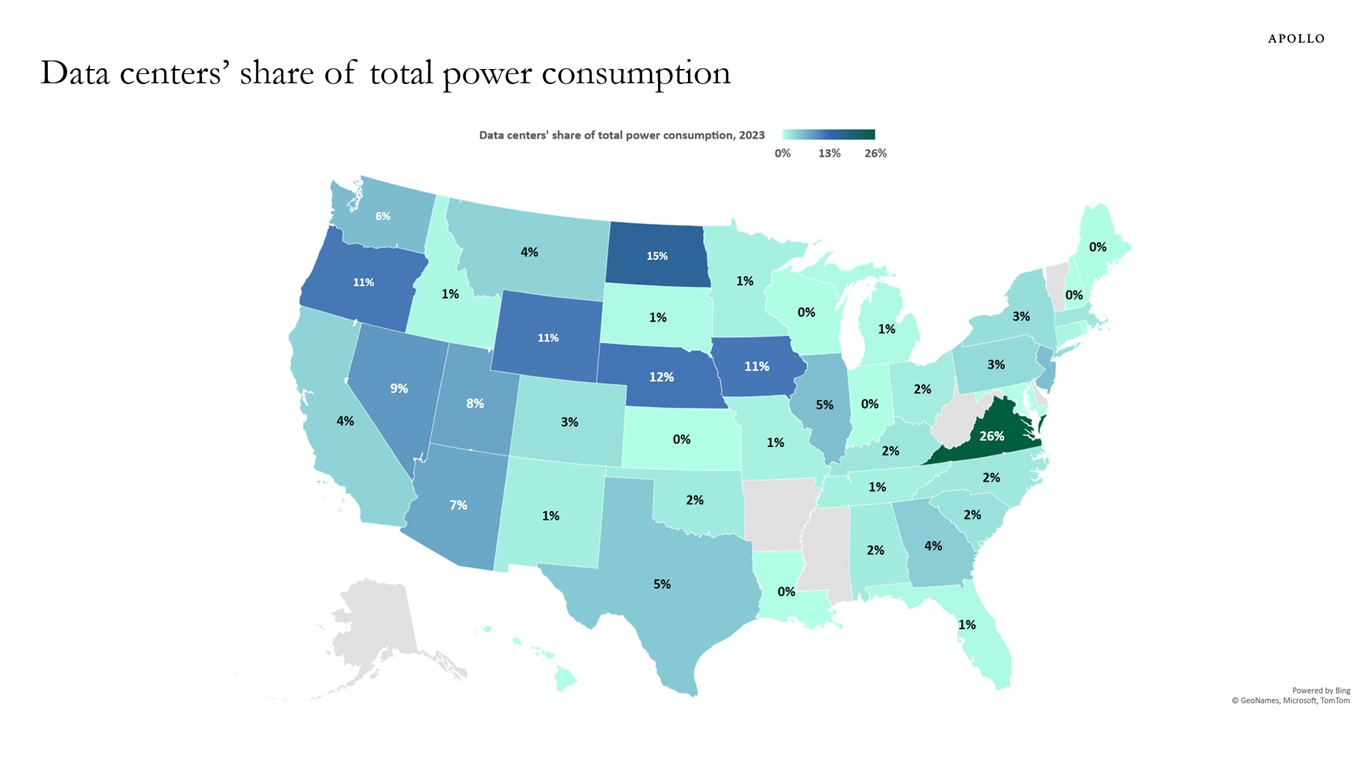The weekend is here! Pour yourself a mug of Los Brasiles coffee, grab a seat outside, and get ready for our longer-form weekend reads:
• Mossad’s pager operation: Inside Israel’s penetration of Hezbollah: New details emerge of Israel’s elaborate plan to sabotage Hezbollah communications devices to kill or maim thousands of its operatives. (Washington Post)
• How to win a Nobel prize: What subjects have past winners studied? What age were they when they won? Where do they live? Nature crunched the data on every science prizewinner to find out. (Nature) see also ‘You mean I have to stop my experiment?’ Not all Nobel laureates react the way you might expect: Adam Smith has spent 18 years recording the moments after the world’s brightest minds receive a life-changing call from the Nobel Prize committee. They might still be in bed when the call comes. But all Nobel Prize winners receive a phone call to break the big news to them. Then, moments after they hang up, their phone rings again. The man on the other end of the line is Adam Smith. (BBC)
• Do Vanguard, Blackrock, and State Street Run the World? (Spoiler: No) In this blog post, I will explain why Vanguard, BlackRock, and State Street’s “ownership” of the stock market is not an elaborate scheme to control the world. However, I will also discuss why their ownership may still be concerning for other reasons. To begin, let’s explain why Vanguard, BlackRock, and State Street’s ownership of U.S. stocks is not the true definition of ownership. (Of Dollars and Data)
• McDonald’s Macarons: How U.S. fast food took over the world — and then went local. (The Dial)
• How Everyone Got Lost in Netflix’s Endless Library: Ten years after Silicon Valley remade TV, it’s become clear how the streaming revolution distorted our collective viewing habits — and sense of the culture. (New York Times)
• The Most Sought-After Travel Guide Is a Google Doc: Although Google Docs and Maps are simple to share, the creators who spend years perfecting their magnum opus docs are often selective about who gets access. (Thrillist)
• Age of Invention: The Coal Conquest: It’s long bothered me as to why coal became so important in Britain. It had sat in the ground for millennia, often near the surface. Near Newcastle and Sunderland it was often even strewn out on the beaches. Yet coal had largely only been used for some very specific, small-scale uses. It was fired in layers with limestone to produce lime, largely used in mortar for stone and brick buildings. And it had long been popular among blacksmiths, heating iron or steel in a forge before shaping it into weapons or tools. (Age of Invention)
• Russia’s First Secret Influence Campaign: Convincing the U.S. to Buy Alaska: Russia has been peddling influence for a long time, using a playbook that it still uses today. (Politico)
• Ant geopolitics: Over the past four centuries quadrillions of ants have created a strange and turbulent global society that shadows our own. (Aeon)
• A Rodeo Doctor Fixes Much More Than Broken Bones: Injuries are inevitable in the world of bull riding. Enter Tandy Freeman, the only physician some cowboys ever see. (Texas Monthly)
Be sure to check out our Masters in Business interview this weekend — Live from FutureProof in Huntington Beach, California! — with Joe Lonsdale of 8VC. He is a successful serial entrepreneur and venture capitalist, co-founded Palantir Technologies, founded Adapar, a wealth management platform, and Opto, a private market investment platform.
Data Centers’ Share of Total Power Consumption

Source: Apollo
Sign up for our reads-only mailing list here.
~~~
To learn how these reads are assembled each day, please see this.

